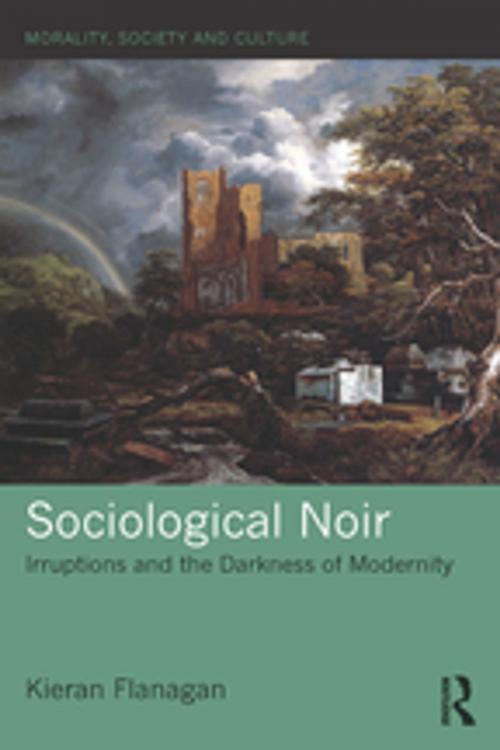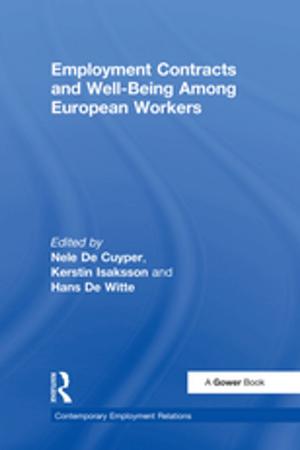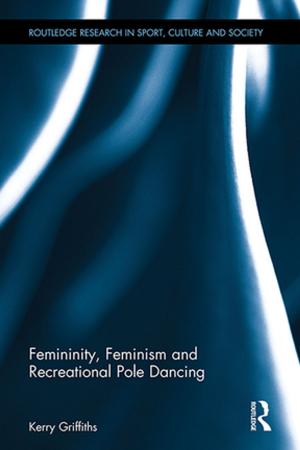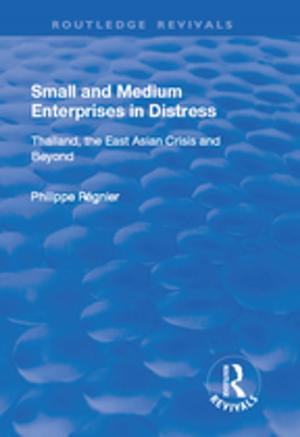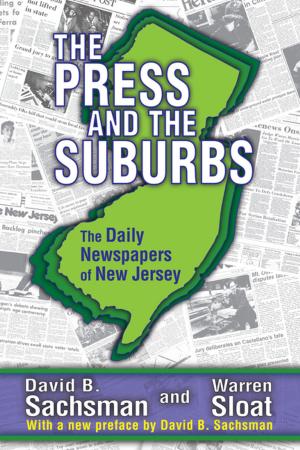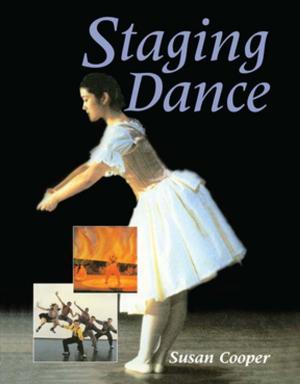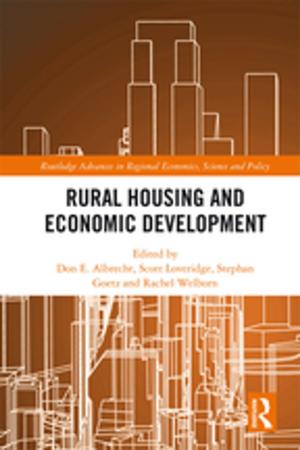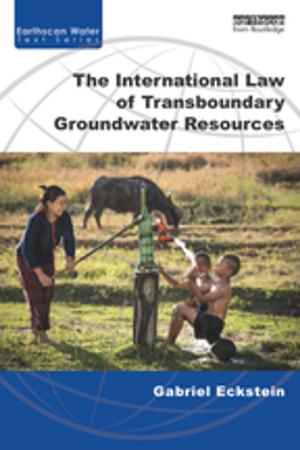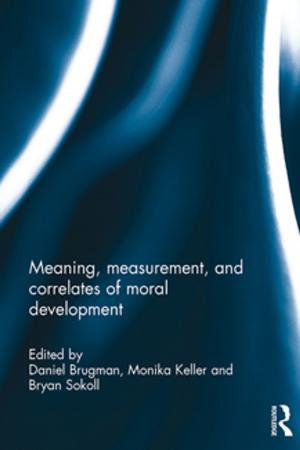Sociological Noir
Irruptions and the Darkness of Modernity
Nonfiction, Social & Cultural Studies, Social Science, Sociology| Author: | Kieran Flanagan | ISBN: | 9781315463636 |
| Publisher: | Taylor and Francis | Publication: | October 4, 2016 |
| Imprint: | Routledge | Language: | English |
| Author: | Kieran Flanagan |
| ISBN: | 9781315463636 |
| Publisher: | Taylor and Francis |
| Publication: | October 4, 2016 |
| Imprint: | Routledge |
| Language: | English |
Contrary to secular claims regarding the expulsion of religion, modernity does in fact produce unprecedented forms whose understanding re-casts the relationships between sociology and theology.
This book explores ‘irruptions’ which disturb modernity from without: fragments or deposits of history that have spectral – or ‘noir’ – properties, whether ruins, collective memories, or the dark Gothic or the Satanic as manifested in culture. The study investigates what irrupts from these depths to unsettle our understanding of modernity so as to reveal its theological roots.
A ground-breaking and extensive work, Sociological Noir explores literature, history and theology to re-cast the sociological imagination in ways that inspire reflection on new configurations in modernity. As such, it will have wide-spread appeal to sociologists and social theorists with interests in religion, theology and debates on postsecularism and culture.
Contrary to secular claims regarding the expulsion of religion, modernity does in fact produce unprecedented forms whose understanding re-casts the relationships between sociology and theology.
This book explores ‘irruptions’ which disturb modernity from without: fragments or deposits of history that have spectral – or ‘noir’ – properties, whether ruins, collective memories, or the dark Gothic or the Satanic as manifested in culture. The study investigates what irrupts from these depths to unsettle our understanding of modernity so as to reveal its theological roots.
A ground-breaking and extensive work, Sociological Noir explores literature, history and theology to re-cast the sociological imagination in ways that inspire reflection on new configurations in modernity. As such, it will have wide-spread appeal to sociologists and social theorists with interests in religion, theology and debates on postsecularism and culture.
